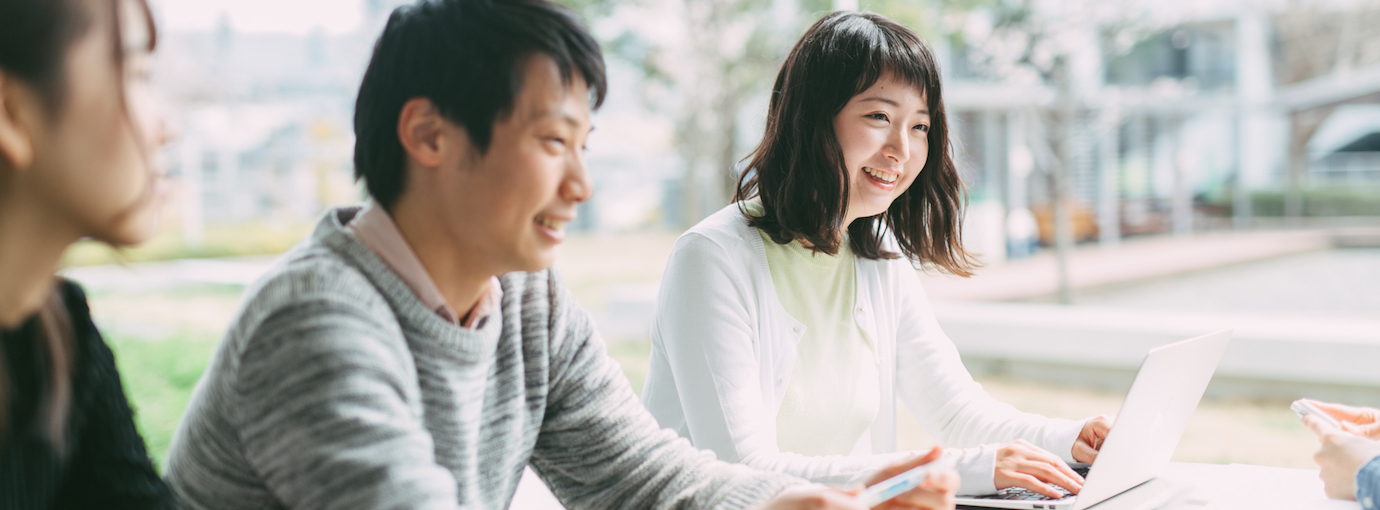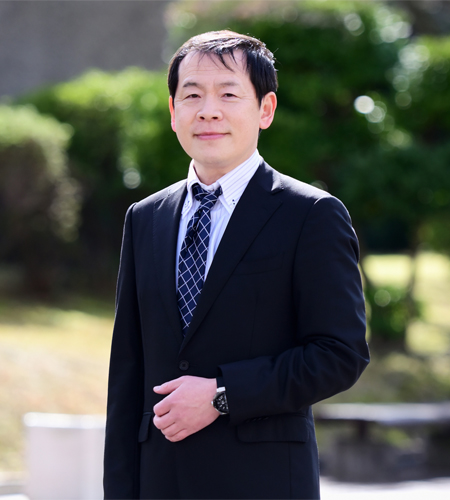School of International Liberal Arts


Multifaceted, critical thinking and a high level of language proficiency are essential for identifying and solving issues in the increasingly globalized environment. Students will be expected to develop skills for an active role in society through the following curriculum; Liberal Arts for acquiring logical, critical thinking supported by knowledge in specialized fields, and Urban Science studies for tackling issues among global cities and local regions.
OVERVIEW
- Degree awarded Bachelor of Liberal Arts (BLA)
- Duration 4 Years
- Medium of instruction Mainly in Japanese
- Courses in English Some courses available
- Language requirements JLPT N2 or higher
- Admissions test(s) Yes
- Admissions statistics To be announced
Recommended for those who:
Liberal Arts
-
- wish to contribute to mutual understanding among people around the globe
-
- want to understand language from a cultural or historical perspective
-
- are interested in learning about the human mind, development and growth
Urban Science
-
- want to become more involved with communities, urban planning and design
-
- aspire to contribute to solving urban and regional issues
STRUCTURE
Course Structure
Broad literacy through the study of liberal arts and urban science
Students will learn to acquire and refine literacy and critical thinking, solid language proficiency and problem-solving skills. The school provides curriculum in the field of liberal arts and urban science through seminars in small groups for developing their expertise and research topics.
Liberal Arts
Building on fields in the humanities and social sciences ranging from philosophy to sports science, psychology, literature, linguistics, historiography, sociology, legal studies, international affairs and regional studies, the curriculum offers students the opportunity to study in various academic fields and cultivate rich cultural understanding to grasp the nature of society, culture and human activities.
Urban Science
Based on wide-ranging knowledge in regional science, urban planning and spatial science, the curriculum is designed to train students to apply their knowledge and education at various levels to everything from global challenges to urban and regional issues.
Four clusters to broaden expertise and refine literacy
Global Society (Liberal arts)
sociology, international affairs, regional studies, etc.
World Cultures (Liberal arts)
literature, linguistics, historiography, etc.
Human Science (Liberal arts)
philosophy, sports science, psychology, etc.
Urban Policy (Urban science)
regional science, urban planning, spatial studies, etc.
Earn global standard skills through workshops and training in Japan and abroad
The school also offers external learning opportunities for conducting domestic and overseas research in collaboration with foreign universities, international bodies, local governments and corporations among others.
- Training in overseas research: work with UN, JICA and foreign universities
- Training in intercultural communication: participate in summer course at overseas universities
- Training in regional research: field research collaborating with autonomous body, Japanese universities
- Training in overseas urban issues: engage in project-based learning with overseas universities
- Training in regional issues: work on regional and community issues with an autonomous body
- Training in internship: community planning and development with non-profit organizations
Competence for clear, critical thinking and presentation
All students will be involved with their specialized project through s/eminars after the second semester in the second year. Classes will include no more than 10 students, which will facilitate their studies and graduation thesis. Those studying liberal arts are requested to summarize their papers in English to improve linguistic competence.
Programs to enhance foreign language proficiency
Students are required to take foreign language classes along with English. This will help students to broaden their perspectives and encourage intercultural communication.
Message from the Dean


Globally competitive players need to explore issues on a broad, multicultural perspective and find solutions through a clear intellect and good communication skills; foreign language proficiency, insight from diverse sociocultural backgrounds, understanding of different cultures and the ability to proactively contribute to society based on solid reasoning. The school also offers opportunities to become exposed to diverse cultures, such as through overseas study programs, fieldwork, internships, volunteering, etc. We support those who actively seek to share their vision with people from different societies and cultures around the globe.
Professor Ooshima Makoto
Dean, School of International Liberal Arts
School of International Liberal Arts Faculty List
Click on the links below to view our Faculty List.
